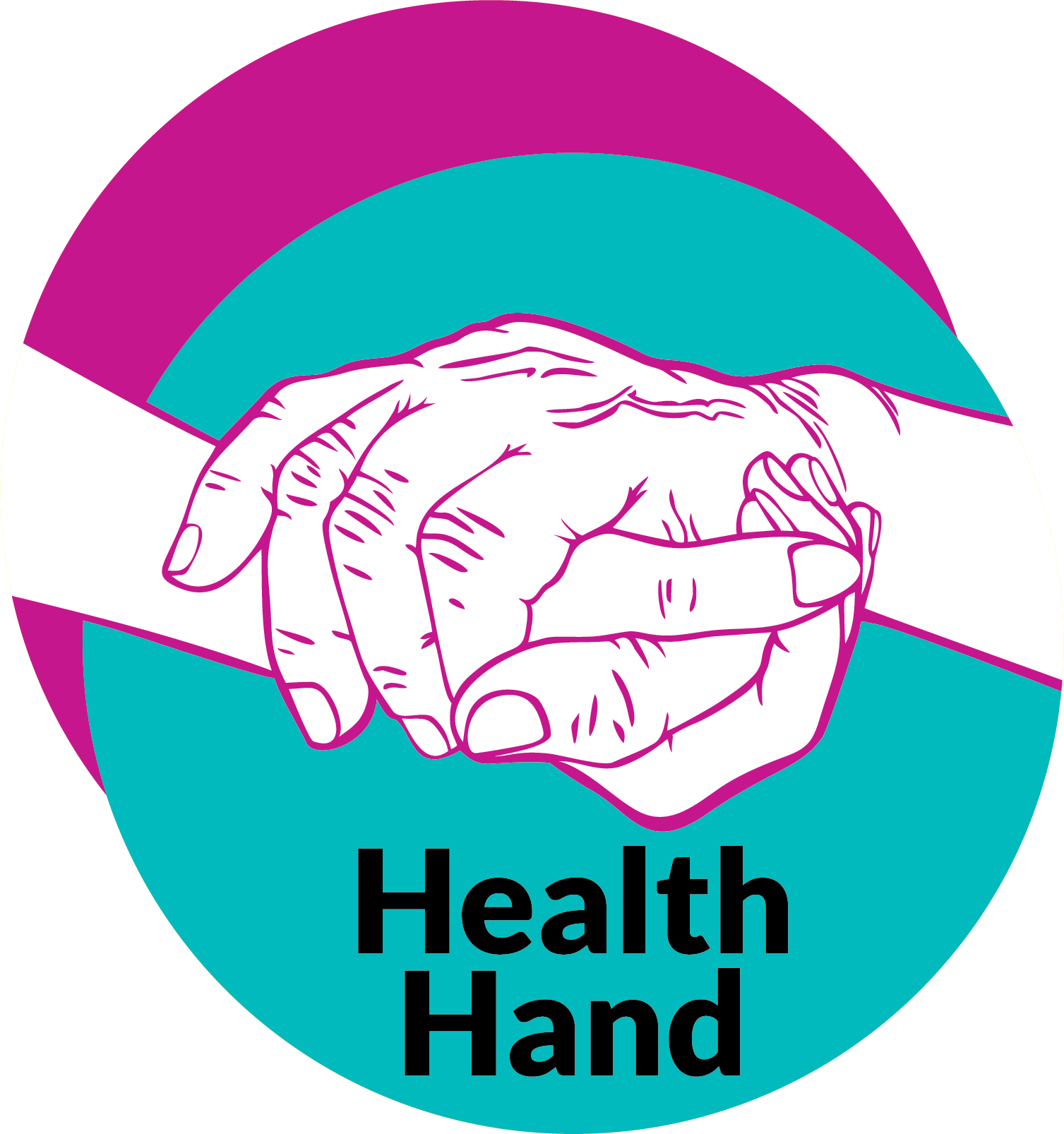Early Medical Decisions – How to Protect the Health and Life of a Loved One
Why it matters
In crisis situations – in hospital or in a care home – every minute counts. Without prior arrangements, doctors and carers often have their hands tied. Yes, in many countries there are substitute procedures, but they take time – and sometimes life depends on an immediate decision.
A real example
In one care home, a patient was at risk of leg amputation. She was still conscious enough to refuse the operation, but her illness had already impaired her judgement. The family had no power of attorney and no prior arrangements. The procedures could not be completed in time, and as a result the care home was blamed. Yet it was the lack of early, courageous family decisions regarding documentation and care principles that led to such an unfortunate outcome.
Situations like this may one day cause private care homes to refuse to admit patients without regulated legal and medical status – fearing similar cases and unjust accusations. The consequences would then fall on the family, left with the burden of round-the-clock care.
A conversation before diagnosis
It is even possible to agree with a doctor that during the first appointment – when tests are still being carried out – they do not yet mention a possible diagnosis, if it is not medically urgent. This gives time to calmly, without added stress, talk with the senior about:
- what treatments they accept,
- what treatments they refuse,
- in which situations they consent to life-saving procedures,
- where they would like to live if they can no longer decide for themselves,
- who should have the right to make decisions on their behalf.
Who can help in this process
Family doctor – explains which medical decisions can be arranged in advance.
Lawyer – prepares documents in a legally valid form in the given country.
Patient organisations – often provide templates and guides on advance care planning.
5 steps to safeguard the health and life of a loved one
- Choose a calm moment, before a diagnosis appears.
- Ask directly: “How would you like your future care to look?”
- Agree on priorities – treatment, procedures, place of care.
- Put the arrangements in writing and keep them accessible.
- Inform relatives and carers where the documents are and what they contain.
It is important to hold these conversations in the right tone. Instead of starting with illness or dementia, one can refer to everyday risks – something every senior understands and many have already experienced.
Conclusion
Early conversations about health and care are never easy, but they give both the family and the senior invaluable certainty: that nothing will be left to chance.
This is not about taking away freedom – it is an expression of care and respect.
“We want your decisions to always be respected. It gives us peace of mind, and it gives you a sense of safety.”

